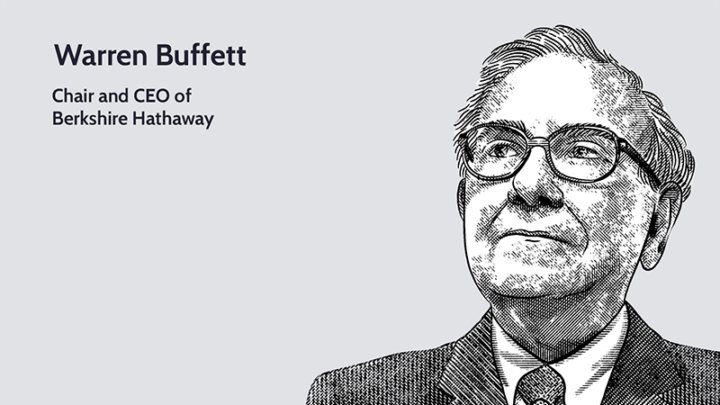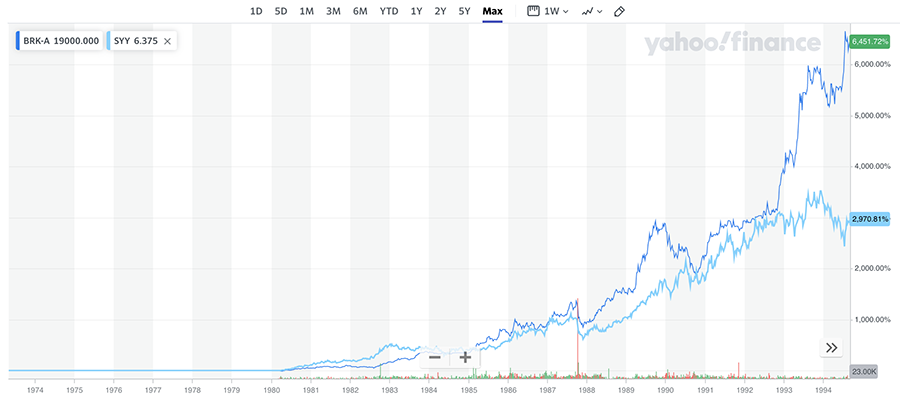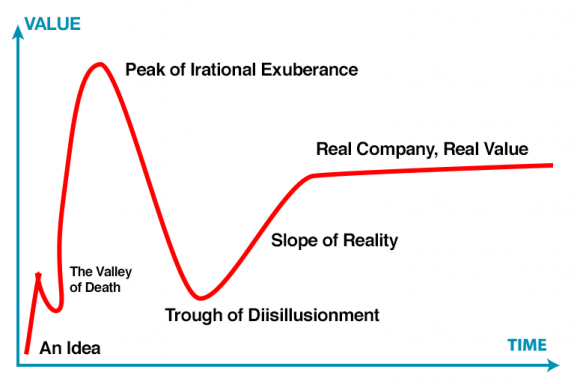
There are dozen automobile companies. Dozens of airlines. Over a thousand banks. Hundreds of venture capital funds and thousands of mutual funds. There are even two stock markets in the US, and the old rivalries of Coca Cola vs. Pepsi, Visa vs. Mastercard, and Mac vs. PC. But there is just one Berkshire Hathaway.
Why? Why after sixty years of near-continuous success is there not just a distant second and far distant third, but nothing else at all like Berkshire Hathaway?
Investopedia calls it a conglomerate, but it isn’t like the other conglomerates. Wikipedia also calls it a conglomerate, but a conglomerate holding company, which is getting closer to its uniqueness.
What sets Berkshire Hathaway apart from all other firms is it’s lack of focus. Warren Buffett and Charlie Munger didn’t set out to build synergies within their portfolio. They simply looked for good value investments and reasonable amounts of growth.
One of Buffett’s many shared bits of advice is to get rich, slowly.
Buffett shares his advice openly, and has been doing that for decades. What is odd is that there are not dozens of others copying the strategy. Berkshire Hathaway is among the top 10 most valuable public companies as an investment holding company rather than a manufacturer, oil company, or tech company. It is alone in the Fortune 500 with its business model.
I might be less surprised if it were as young as Amazon, Google, or Apple, but the company is older than me. Buffett’s original investing firm purchased the Berkshire Hathaway textile company back in 1962. He spent $7.50 per share on those shares. The per-share price today is $472,500. Buffett doesn’t believe in splitting shares. That 63,000x gain is thus real.

Personally, when I ask these questions, the answers feel circular. No one copies Buffett because he’s not following the common investment play book. Meanwhile, the venture capital play book was also written in 1962, there are hundreds of others implementing those strategies, none of which are as successful as Berkshire Hathaway.
In any case, when I dive into business histories like this, my take away is to figure out which pieces of the strategies drive the success. In my work at Africa Eats, we’ve taken pieces of the venture capital play book and combined them with pieces of the Berkshire Hathaway structure, and with that are proving out a mashup model that is proving to work.
Or in short, my advice: don’t blindly follow the crowd, when there is very visible, highly successful outlier who is openly telling you how to succeed.














